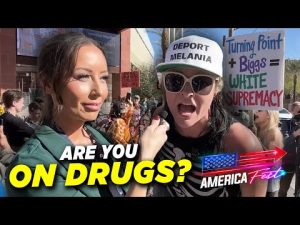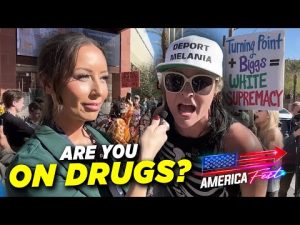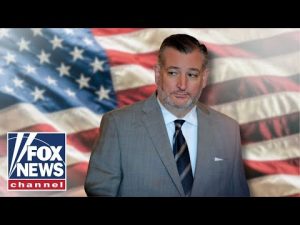In the bustling heart of New York City, Trump Tower became the epicenter of a new round of protests, drawing attention and concern from both the public and the authorities. A Jewish group called the Jewish Voice for Peace led the demonstration, which aimed to support Mahmoud Khalil, a 30-year-old Syrian-born Palestinian man who currently holds a green card. Khalil has been accused by the current administration of orchestrating violence and inciting pro-Hamas activities, particularly on the prestigious Columbia University campus. The clash between expressive activism and public safety is heating up like a New York summer sidewalk, and the stakes are rising.
As cameras from news outlets captured the scene, it was clear that tensions were high. The NYPD, not one to take chances, beefed up security around Trump Tower, signaling that they were ready for anything. Former NYPD detective Bo Dietl, always ready to provide his seasoned insight, commented on the situation. He expressed frustration at the ongoing protests and suggested that the city needs to take a firmer stance against disorderly gatherings. According to him, when protests are organized for the purpose of supporting someone accused of terrorism, it’s time for law enforcement to step in decisively.
Dietl hinted at the potential for escalation, stating that if such protests continue without consequence, they might start targeting other locations, perhaps like Elon Musk’s car dealerships—turning a local disturbance into a broader dilemma. The retired detective’s comments imply that authorities must take a proactive approach rather than a reactive one. He believes it’s essential for the NYPD and the city’s leadership to set clear boundaries and perhaps even use arrest as a tool for deterrence. After all, it’s not just about one protest; it’s about maintaining law and order in a city that already has enough drama to fill several seasons of a reality TV show.
The protesters, many of whom identify as American citizens, feel emboldened to show their solidarity with Khalil, a man who, although not a citizen himself, represents a cause they believe in. They argue that free speech is being curtailed if the government takes a hardline stance against their demonstrations. However, there lies a complex undercurrent to their activism; while many in the crowd are exercising their rights as citizens, they might also be viewed as enabling someone accused of fostering terrorism. It raises the question: When does free speech cross the line into endorsement of violence?
As the events unfold, it’s important to note that the stakes are high for both sides of the argument. Khalil’s supporters view him as a political prisoner, while many others see a man who’s promoting views and actions that threaten societal stability. With a potentially volatile mix of emotions, allegiances, and convictions swirling together, the NYPD stands as the frontline guardian of public order. It is a precarious balance of rights versus safety, and as the protests continue, the implications of this clash may resonate far beyond the streets of New York.
In the end, the city holds its breath as actions continue. Will the authorities take stronger measures to deter future protests? Or will they allow voices of dissent to flourish in the name of free speech? Only time will tell, but one thing remains clear: in the world of protests, where passionate beliefs collide with public safety, the city that never sleeps is in for another restless night.







